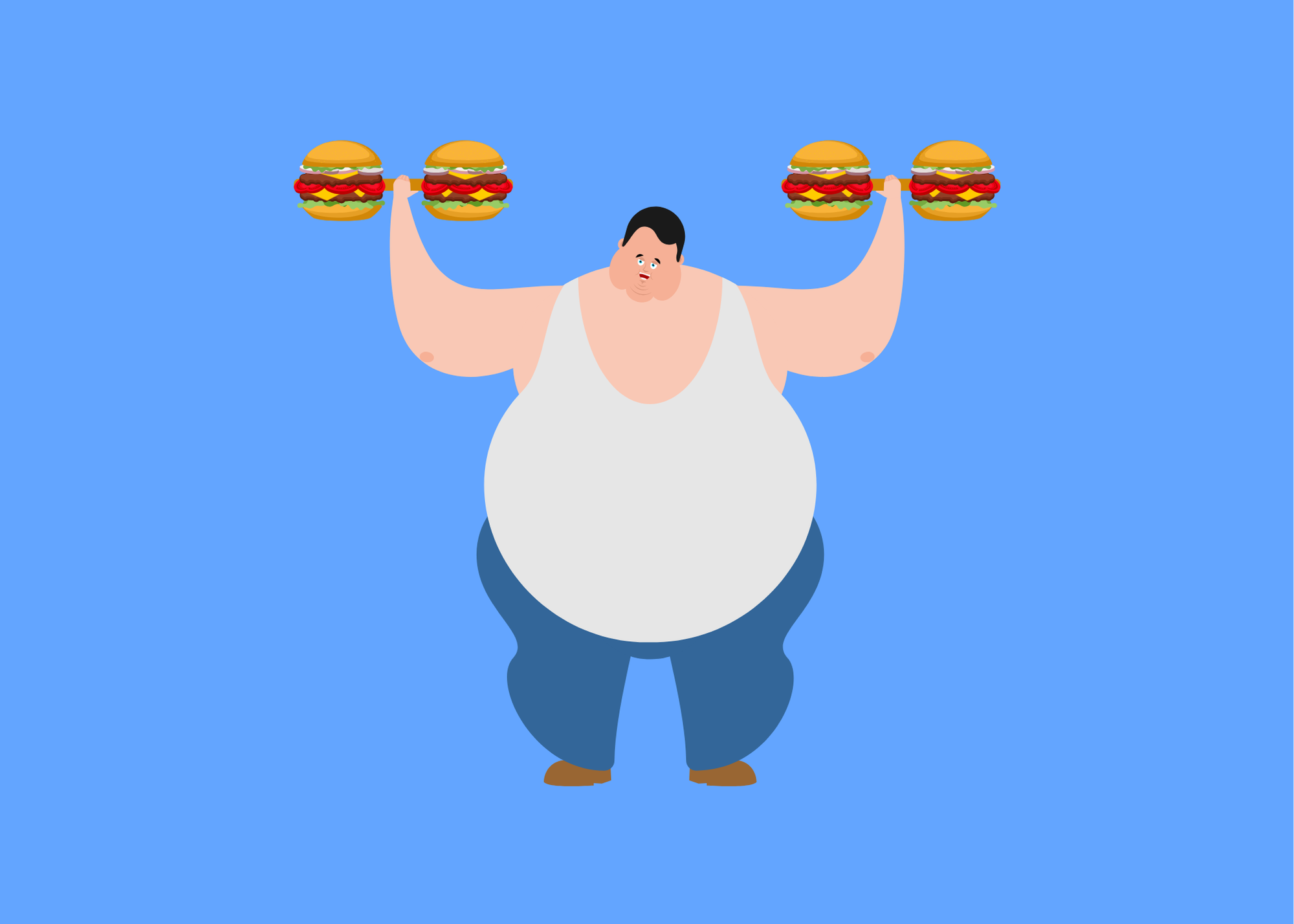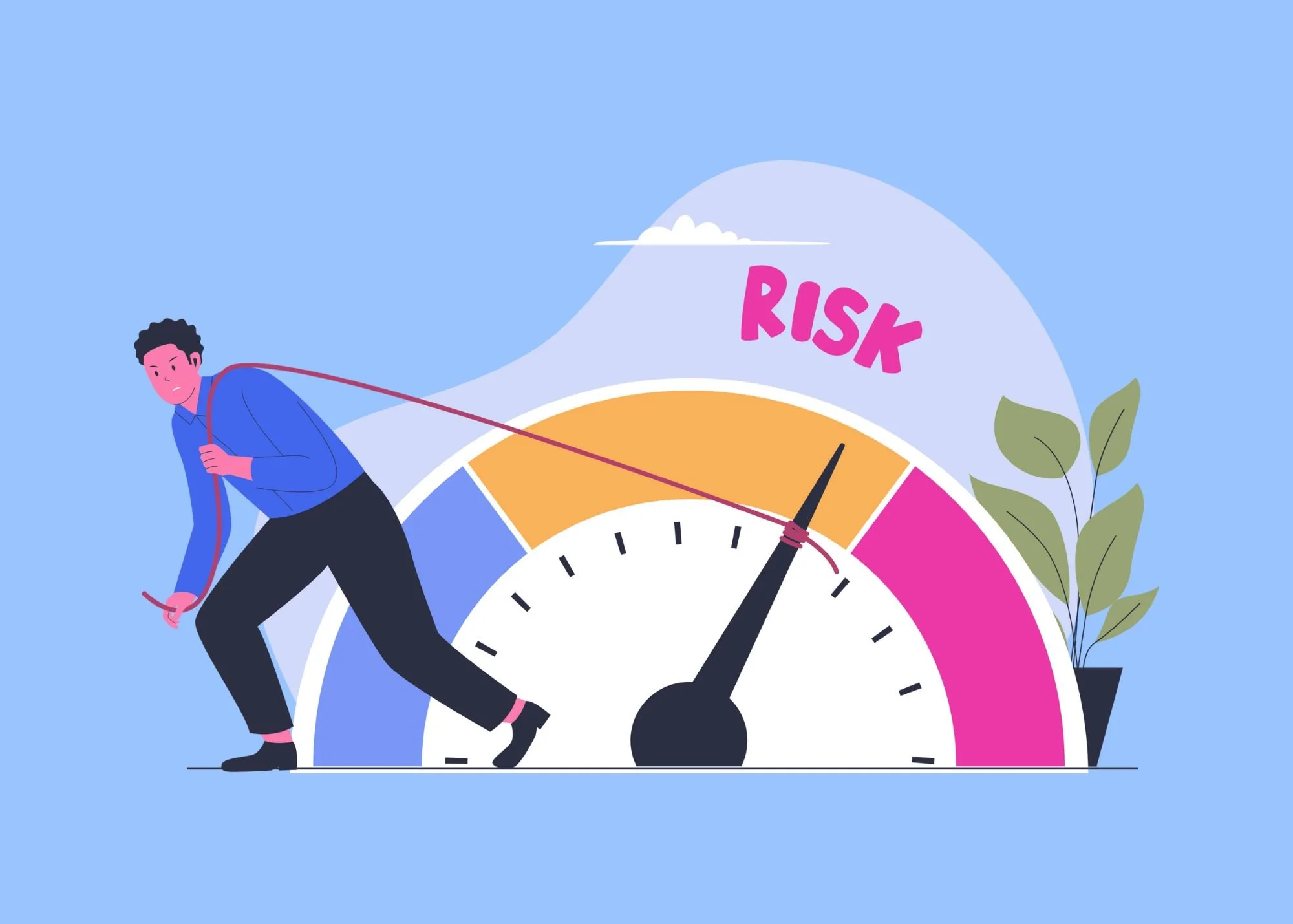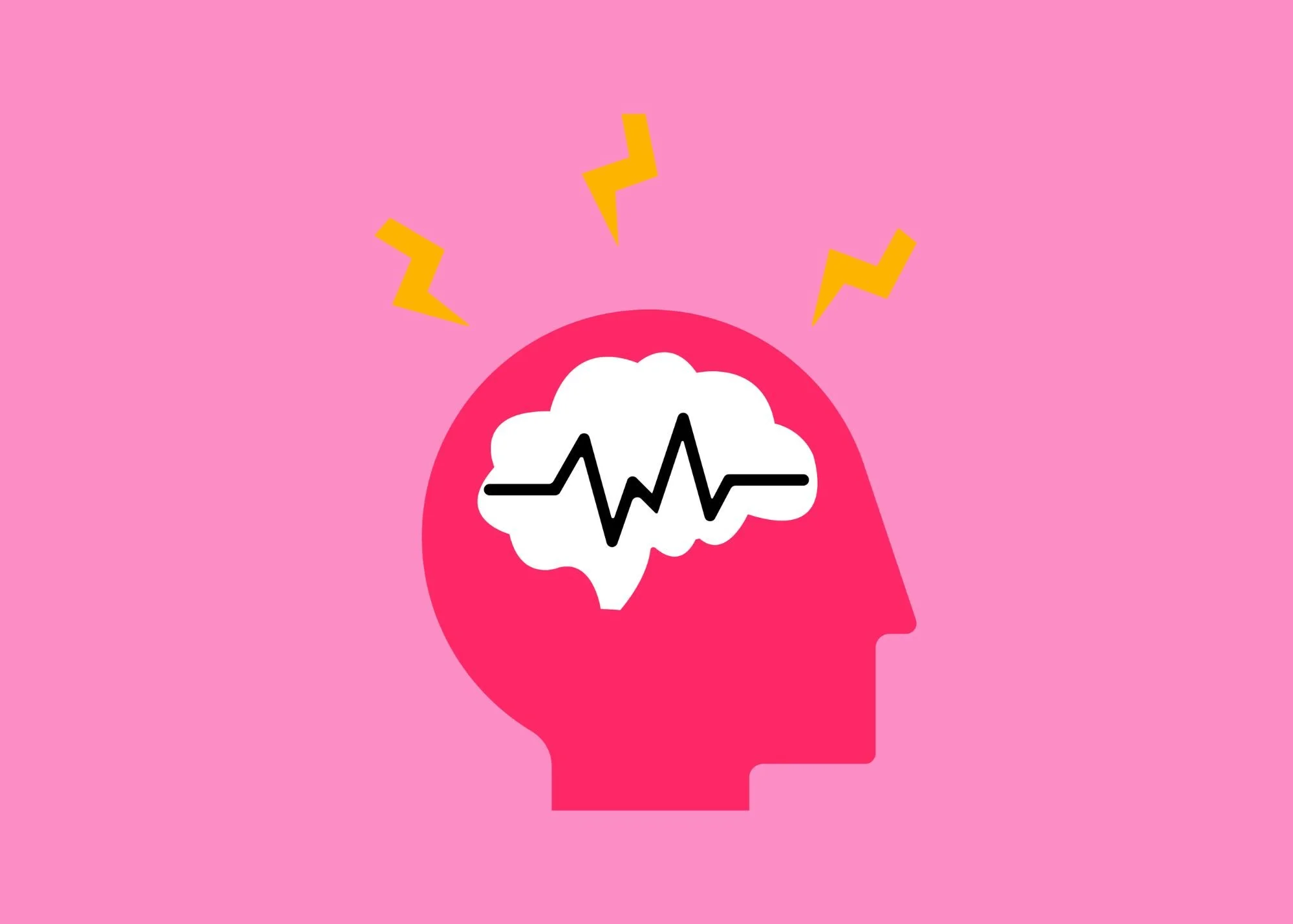Why Your Circadian Rhythm Is the CEO of Your Sleep (and Success)—How It Can Reduce Stress and Prevent Burnout
Is your circadian rhythm working for you or against you?
If you’ve ever found yourself wide awake at 2 AM, doom-scrolling through emails or staring at the ceiling, wondering why you can’t just sleep like a normal person, welcome to the club. The problem isn’t just stress or too much caffeine.
It’s your circadian rhythm—the 24-hour biological clock that runs the show for everything from sleep to metabolism to mood. And if you’re a high-achieving, always-on professional, there’s a good chance yours is completely out of sync.
Let’s talk about why that’s a problem—and how to fix it.
What Is Circadian Rhythm, and Why Should You Care?
Your circadian rhythm is the internal timer that tells your body when to wake up, when to feel alert, when to wind down, and when to sleep. It’s governed by an area in your brain called the suprachiasmatic nucleus (SCN), which responds to external cues like light and temperature. Think of it as your body’s built-in executive assistant, organizing your energy, hormones, and cognitive function.
When it’s working well, you feel sharp in the morning, productive during the day, and naturally tired at night. When it’s off? You’re battling brain fog, fatigue, disrupted sleep, sugar cravings, and maybe even long-term health risks like metabolic dysfunction and burnout.
The Science of Your Body Clock
Your circadian rhythm isn’t just about sleep. It regulates:
Hormones – Cortisol spikes in the morning to wake you up. Melatonin rises at night to help you sleep. When your rhythm is off, these hormones get scrambled, leaving you tired but wired.
Cognitive Performance – Ever notice how you think clearer in the morning (or afternoon) but feel sluggish after lunch? That’s your circadian rhythm dictating when your brain functions best.
Metabolism – Your body’s ability to regulate glucose and hunger is tied to your internal clock. Disrupt it, and you’re more likely to experience cravings and weight gain.
Immune Function – A well-regulated rhythm supports a stronger immune response, while a dysfunctional one increases inflammation and susceptibility to illness.
Disrupt your circadian rhythm long enough, and it’s not just sleep that suffers—it’s everything.
Signs Your Circadian Rhythm Is Wrecked
How do you know if your circadian rhythm is out of whack? Here are the telltale signs:
You wake up exhausted, even after a full night’s sleep.
You feel sluggish during the day and wired at night.
You rely on caffeine to function and alcohol to “unwind.”
Your sleep schedule is erratic, thanks to late-night work (or Netflix binges).
You experience frequent brain fog, cravings, and mood swings.
If this sounds like you, don’t panic. The good news? You can reset your circadian rhythm—without quitting your job or moving to a Zen retreat.
How to Reset and Optimize Your Circadian Rhythm
Want better sleep, more energy, and sharper focus? Here’s how to get your body clock back on track:
1. Own Your Mornings: Get Bright Light ASAP
Your circadian rhythm is most sensitive to light in the morning. A
im for at least 10-30 minutes of natural sunlight within an hour of waking up. No sunlight? Use a light therapy lamp.
✔️ Why it works: Morning light tells your brain it’s time to wake up, shuts down melatonin production, and sets the stage for better sleep later.
2. Caffeine Curfew: Stop by 2 PM
Yes, caffeine has a half-life of five to six hours, meaning that 4 PM espresso might still be in your system at 10 PM, quietly sabotaging your sleep.
✔️ The fix: Keep your caffeine intake to the first half of the day. If you need an afternoon boost, opt for movement or hydration instead.
3. Consistent Sleep Schedule: Yes, Even on Weekends
Your body craves consistency.
When you stay up late on weekends and expect to snap back to an early schedule on Monday, you’re giving yourself social jet lag.
✔️ The fix: Try to wake up and go to bed at roughly the same time every day—yes, even on Saturdays.
4. Cut the Nighttime Doom-Scrolling
Blue light from screens suppresses melatonin, making it harder to fall asleep.
If you’re on your phone or laptop late at night, you’re sending mixed signals to your brain.
✔️ The fix: Set a screen curfew at least 60 minutes before bed. Use blue-light-blocking glasses if screen time is unavoidable.
5. Move Your Body, But Not Too Late
Exercise improves sleep, but working out too late can spike cortisol and delay melatonin production.
✔️ The fix: Morning or midday workouts are ideal. If you must train at night, keep it light (think yoga or walking) rather than intense.
6. Prioritize Evening Wind-Down
Your brain and body need time to transition from high-performance mode to rest mode.
✔️ The fix: Create a simple evening routine—dim the lights, read, stretch, or do breathwork to signal to your brain that it’s time to sleep.
7. Eat Smart: Timing Matters
Your metabolism follows a circadian rhythm, too.
Eating late at night can interfere with sleep and hormone function.
✔️ The fix: Try to eat your last meal 2-3 hours before bed and avoid heavy, carb-loaded meals late at night.
Final Thoughts: What’s in It for You?
This isn’t just about sleeping better. Aligning your circadian rhythm will help you:
Think clearer – No more brain fog in high-stakes meetings.
Perform better – More focus, energy, and productivity.
Feel healthier – Stronger metabolism, fewer cravings, and better overall health.
Reduce stress – Your body will regulate cortisol and melatonin more efficiently, making you feel calmer and more in control.
Bottom line? If you want to show up at your best—at work, in life, and in your own skin—your circadian rhythm needs to be working for you, not against you.
So, what’s the move? Start small. Pick one or two habits to improve today. Your future self will thank you.
🌙 Need Help? For the One Who’s Tired of Feeling Tired
If sleep is inconsistent, so is everything else—energy, mood, focus, willpower.
Better health starts with better rest.
💡 Let’s reset your sleep strategy. Book your free 20-minute consult today.
Article References
The sources cited in the article:
National Institutes of Health (NIH). "Physiology, Circadian Rhythm." NIH - Physiology, Circadian Rhythm
National Sleep Foundation (NSF). “Understanding Circadian Rhythms.” NSF - Understanding Circadian Rhythms
Sleep Foundation. "Circadian Rhythm." Sleep Foundation - Circadian Rhythm
Harvard Medical School. “Why Your Sleep and Wake Cycles Affect Your Mood.” Harvard - Sleep and Wake Cycles Affect Mood
Sleep Foundation. “How to Fix Your Sleep Schedule.” Sleep Foundation - How to Fix Your Sleep Schedule






